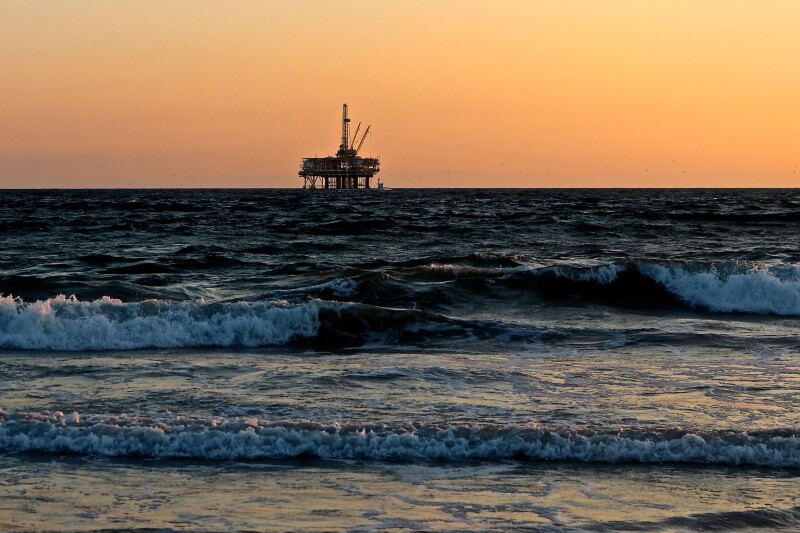Do you hope politicians will keep their promises — or that they won’t?
Joe Biden has promised to “transition” us out of oil and other “fossil fuels” by 2050 — and into “clean, renewable” energy.
We will no longer need oil by 2050 — if we no longer need food, medicine, or transportation fuel.
Even with the promised half a million charging stations, we can’t put one in the middle of every corn field to run the farm equipment. If we dedicate all the cornfields to make ethanol (alcohol) to run the tractors — and rebuild all the engines so that they can run on 100% alcohol, what would we eat?
There is also the problem that we can’t grow food on a solar or wind farm.
Petroleum is used for other purposes besides fuel — such as making drugs, heart valves, and other medical products. And what would be left in your house without plastics?
But would the sacrifice be worth it to stop sea level rise? Sea level has been rising since 1850, at a rate that did not change with the huge increase in the use of coal, oil, and natural gas.
Some facts about the “transition” that Green New Dealers need to address:
Subsidies: renewable energy in 2010 received 25 times more in taxpayer subsidies than fossil fuels, adjusted for the amount of energy produced: $1,724 per billion BTUs of renewable energy produced vs. less than $69 per billion BTUs of fossil fuel energy produced.
Cost: It costs the world $2 trillion to increase the share of energy generated by solar and wind from half a percent to three percent, and it took eight years to do it.
Renewables cause local climate change. Wind power can change wind patterns, temperatures, and precipitation, even causing flash flooding.
Grid insufficiency: Some 245 renewable energy projects that had reached advanced stages of development were withdrawn between January 2016 and July 2020 because of grid congestion.
Grid instability: In Europe, renewables are called “unreliables.” Stable backup is needed at all times. The consequence is high prices and power failures.
Deforestation: “CO2 neutral” wood burning is leading to widespread deforestation across northern Europe across northern Europe. The bird population has fallen by 25%.
Toxic waste: By 2050, up to 78 million metric tons of solar panels will have reached the end of their life, and the world will be generating about 6 million metric tons of new solar e-waste annually. Recycling now costs 10 times as much as generated revenue.
Politicians who promise a smooth and profitable transition as they destroy our energy industry have fundamental scientific and engineering questions to answer.




